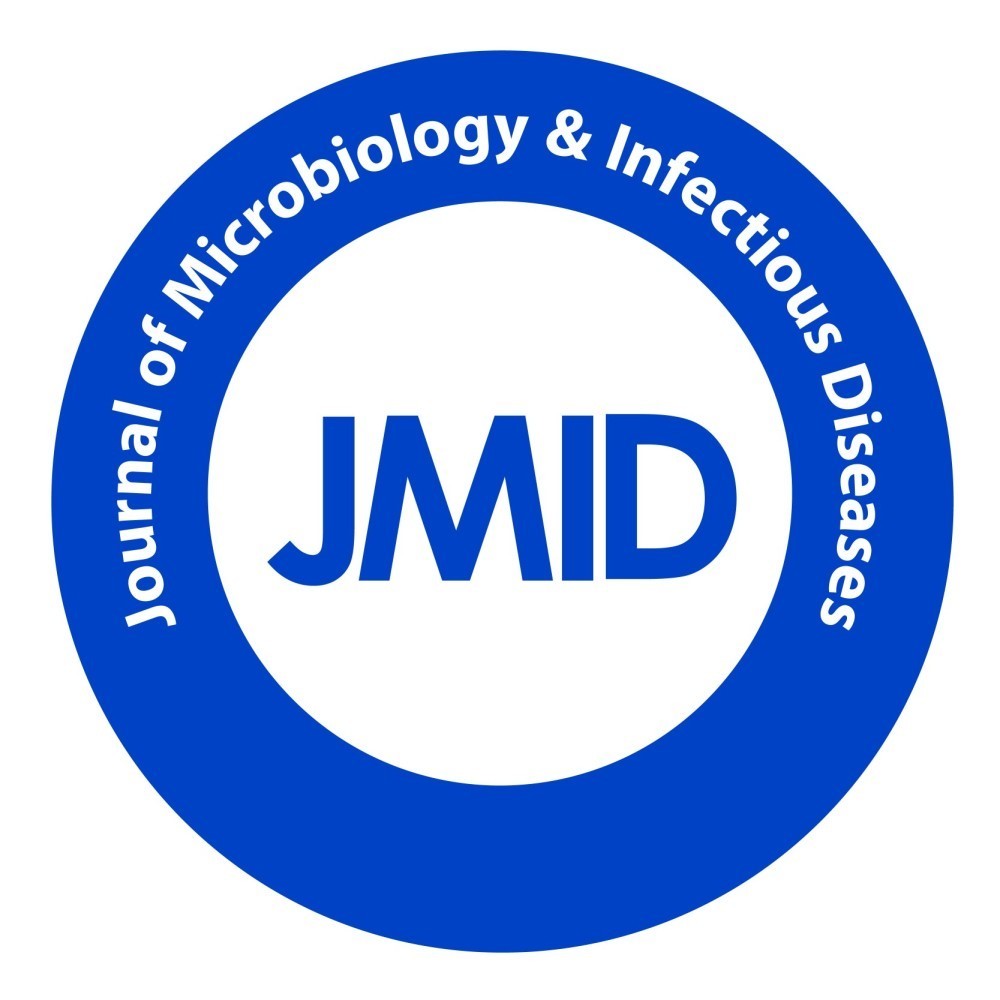
Correction
and Retraction Policy
Ensuring
the accuracy, integrity, and ethical standards of scientific publications is
paramount at the Journal of Microbiology and Infectious Diseases (JMID). In our
unwavering commitment to maintaining the highest standards of scholarly
communication, we recognize that post-publication issues may arise. To address
such concerns with diligence and transparency, JMID has established a robust
Correction and Retraction Policy. This policy outlines the procedures and outcomes
associated with potential errors, offering a systematic approach to maintain
the credibility and reliability of the research we disseminate.
Post-publication issues
Investigation process
· JMID is committed to upholding scientific
research integrity and conducts thorough investigations into concerns raised by
authors or readers.
·
Authors
are given the chance to address concerns during the investigation.
· Access to original unprocessed data may be
requested, and advice from experts may be sought.
Outcomes depending on the gravity
· If the manuscript is under evaluation, it
may be declined and returned to the author (pre-publication/production stage).
· For published articles, outcomes vary
based on the nature and severity of the issues.
Possible outcomes for published articles
Errata
· Issued for significant errors affecting
the publication record, scientific integrity, author reputation, or the
journal.
· Includes corrections for errors of
omission, typing errors, or significant errors in figures or tables.
Corrigenda
· Notice of a significant error made by
authors, issued after consultation among editors and co-authors.
· Published for errors in the author list
but not for overlooked acknowledgments.
Correction
or Addendum
· An addendum is a notice of a peer-reviewed
addition of information to a published paper, often in response to a reader’s
request for clarification.
· Addenda are rarely published and are only
deemed necessary if the additional information is crucial to the reader’s
understanding of a significant aspect of the published contribution.
Editor’s
note or Expression of concern
· Issued if issues of concern arise in a
published article.
· Followed by a second notification once the
investigation is concluded.
Retraction
· An article may be retracted if potentially
serious issues are identified.
· The author’s institution may be informed
by JMID.
Correction
notice for updated articles
· If an error in a published article is
identified, JMID considers publishing an updated version that clearly notes
changes made, including the date(s) of the changes, in a correction notice
appended to the end of the article.
· Previous electronic versions will be
marked as outdated, redirecting readers to the more recent version.
Retraction policy of JMID
JMID
follows COPE guidelines for retracting a published article. An article will be
retracted if:
·
Findings
are unreliable due to major errors, miscalculations, experimental errors, or
fabrication/falsification of data such as image manipulation.
·
The
article comprises plagiarized texts.
·
Findings
have been previously published elsewhere without proper attribution,
disclosure, permission, or justification in cases of redundant publication.
·
The
article contains material or data without authorization for use.
·
Copyright
infringement or serious legal issues such as libel or privacy are identified.
·
The
article reports unethical research.
·
The
article has been published solely on the basis of a compromised or manipulated
peer-review process.
·
The
author(s) failed to disclose a major competing interest (conflict of interest)
that, in the view of the editor, would have unduly affected interpretations of
the work or recommendations by editors and peer reviewers.
Retraction process
·
JMID
collaborates with the editor and author to draft a retraction notice explaining
the reasons.
·
The
retracted article's PDF is watermarked with "Retracted," but the
original text remains accessible.
·
A
retraction notice is published in the next available print issue, and online if
required for legal reasons.
·
Removal
of content may occur for legal reasons, retaining metadata.
·
JMID
does not consider retraction if authorship is disputed without questioning
validity, if main findings are still reliable and correctable, if editor
evidence is inconclusive, or if reported conflicts of interest are deemed
unlikely to influence interpretations.
No fees for author
The
author is not required to pay any fees to the journal or publisher for
publishing errata, corrigenda, addendum, or retraction notices.







